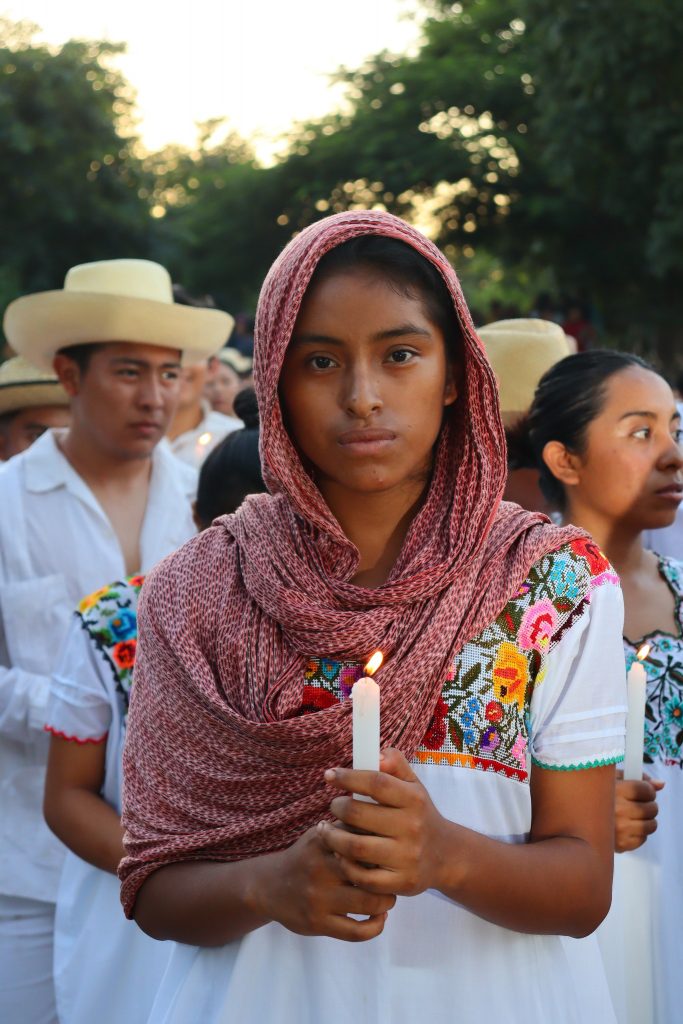
At the end of October and the beginning of November, as part of the activities of the systemic values training program within the educational program of Sustainable Agricultural Innovation Engineering at the Higher Technological Institute of Calkiní, students from all semesters participated in the exhibition of Hanal Pixán altars to commemorate the Day of the Dead, a celebration deeply rooted in Mexico since ancient times, especially in the southeast of the country.
The Maya tradition, very similar to the Day of the Dead we all know, aims to remember in a special way those loved ones who are no longer with us. The altars are adorned with food, candles, photos, and other elements that pay tribute to these individuals.
How are the 5 Elements of Success applied to the traditions and customs of the Institute?

Problem Solving and Conflict Resolution.
The preparation of the offerings requires specific products, so they use their knowledge to obtain the highest quality ra}w materials, which sometimes requires planting their own species.

University commitment and participation with communities.
The students come from different localities with particular customs despite belonging to a very close geographical area.

Experiential and Participatory Learning.
The revival of the Maya language is another area of opportunity that stands out in the activity. The explanation of the elements that make up the altar is done using this dialect, which fortunately, some students still use with their families.
According to the Yucatán Government’s website, some of the most common foods prepared during this festival are “mucbipollo” (a large tamale made of corn flour and lard, filled with chicken and pork meat, and seasoned with tomato and chili) and “pan de muerto” (bread of the dead).
Through the revival of customs and traditions of the indigenous peoples of Yucatán, the Higher Technological Institute of Calkiní and the Transforming Higher Education project teach students the importance of honoring their roots, contributing to their families, and valuing the culture that surrounds them.
For more details about the activity, you can watch the following video.

